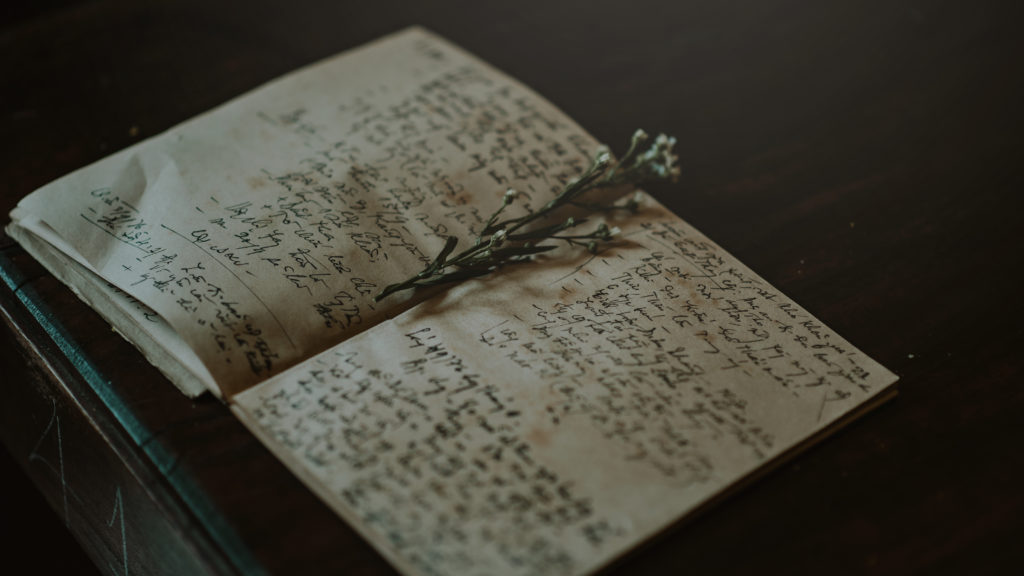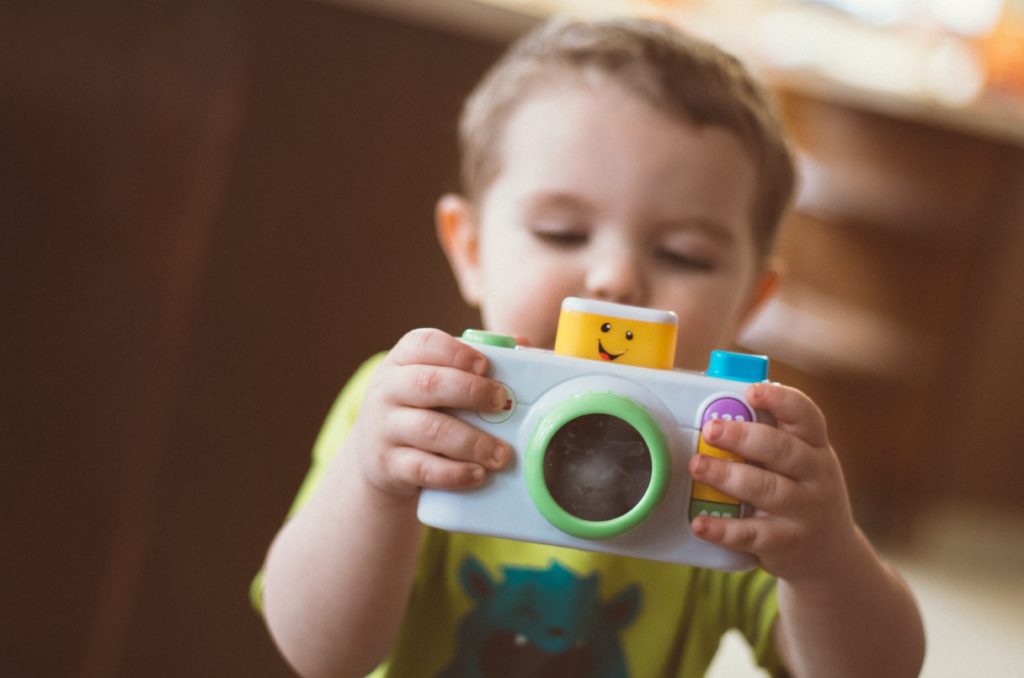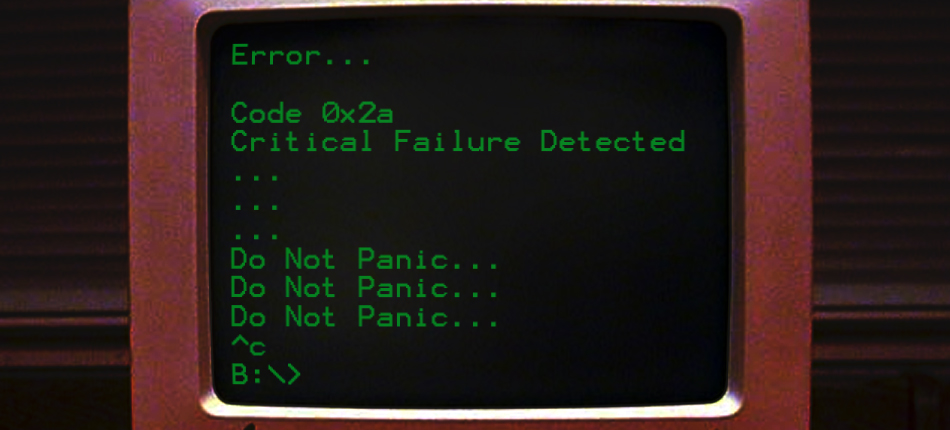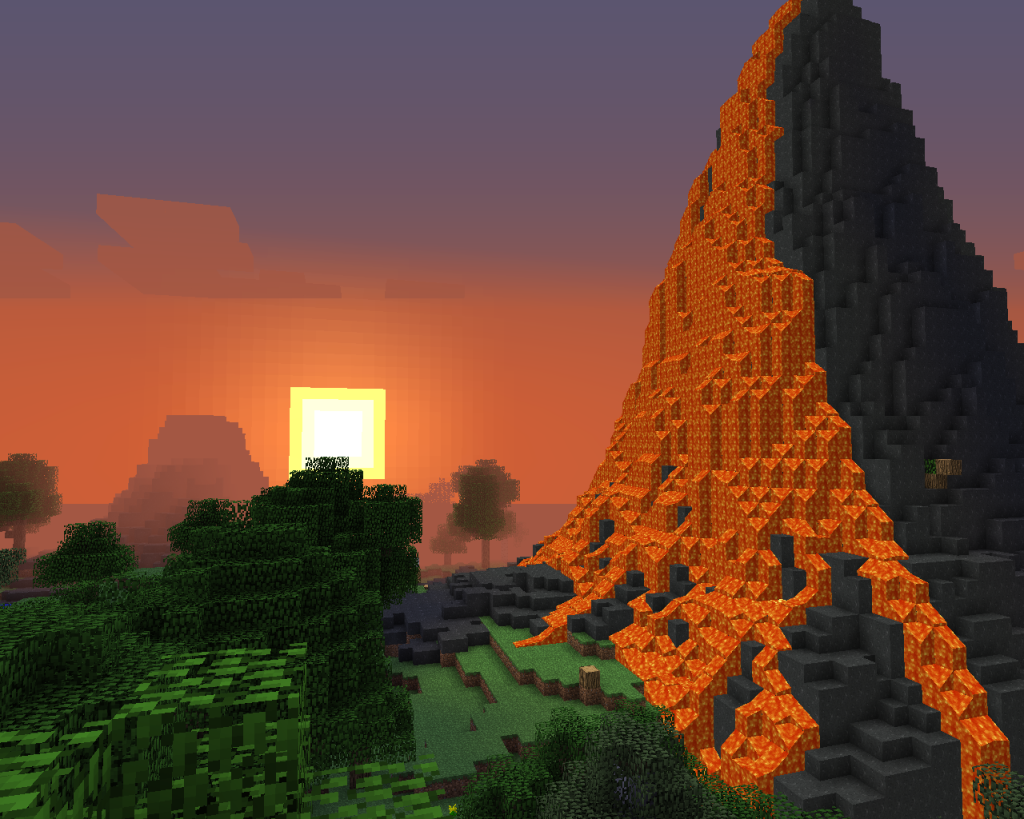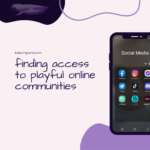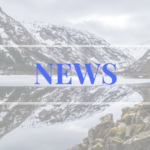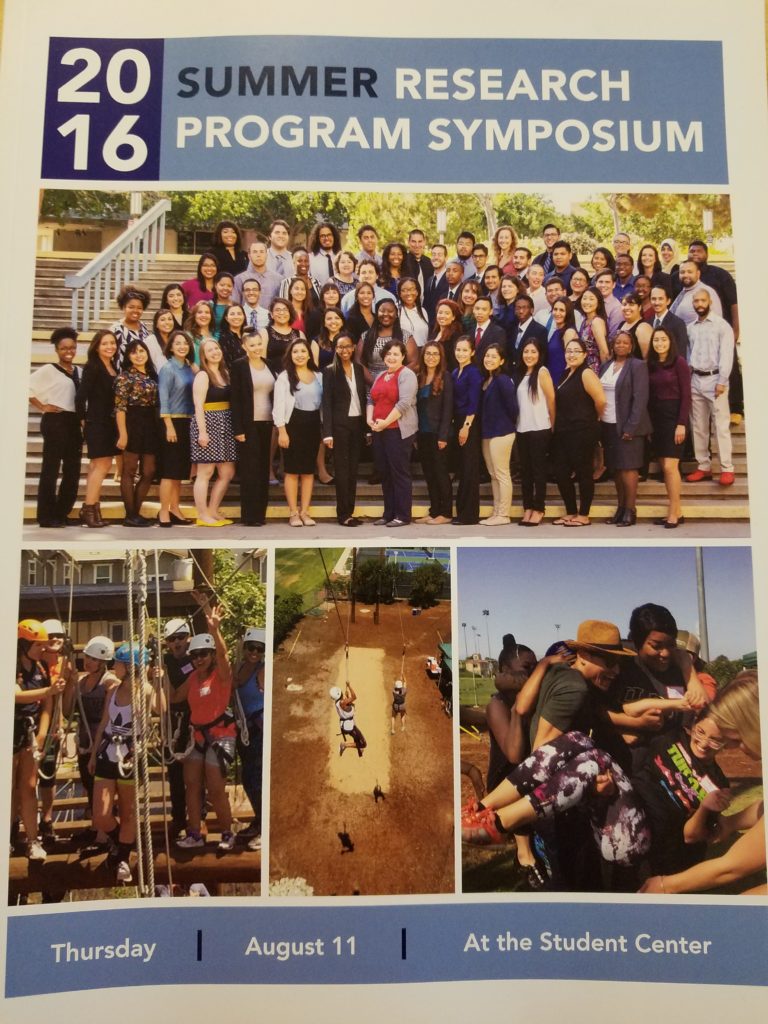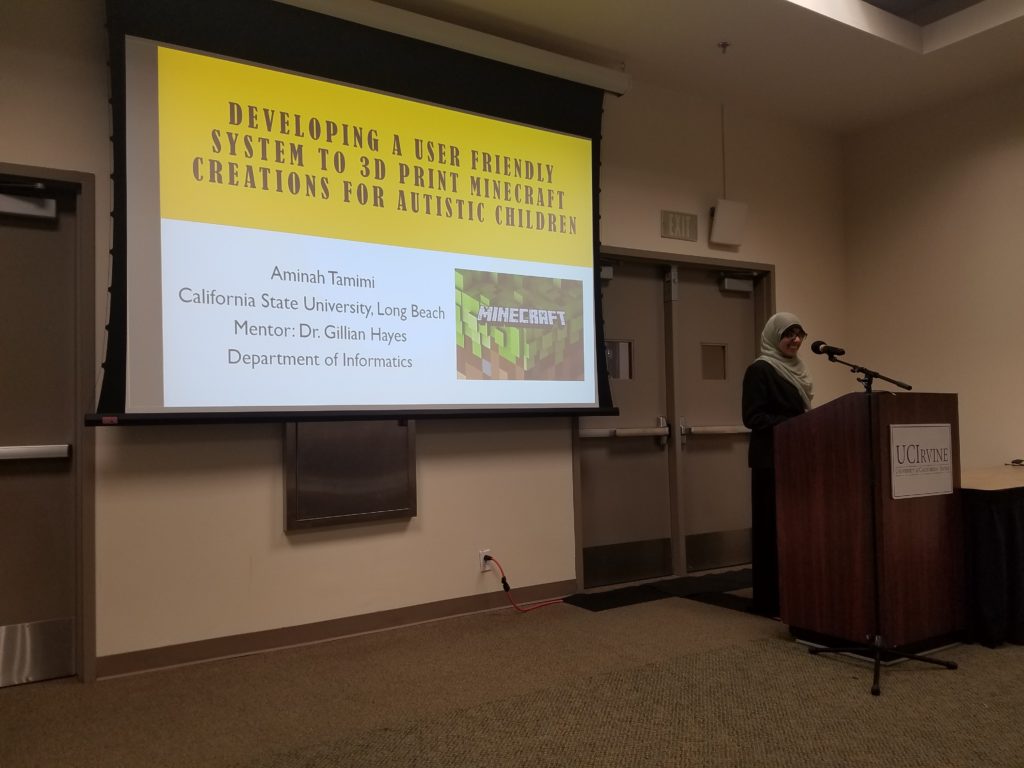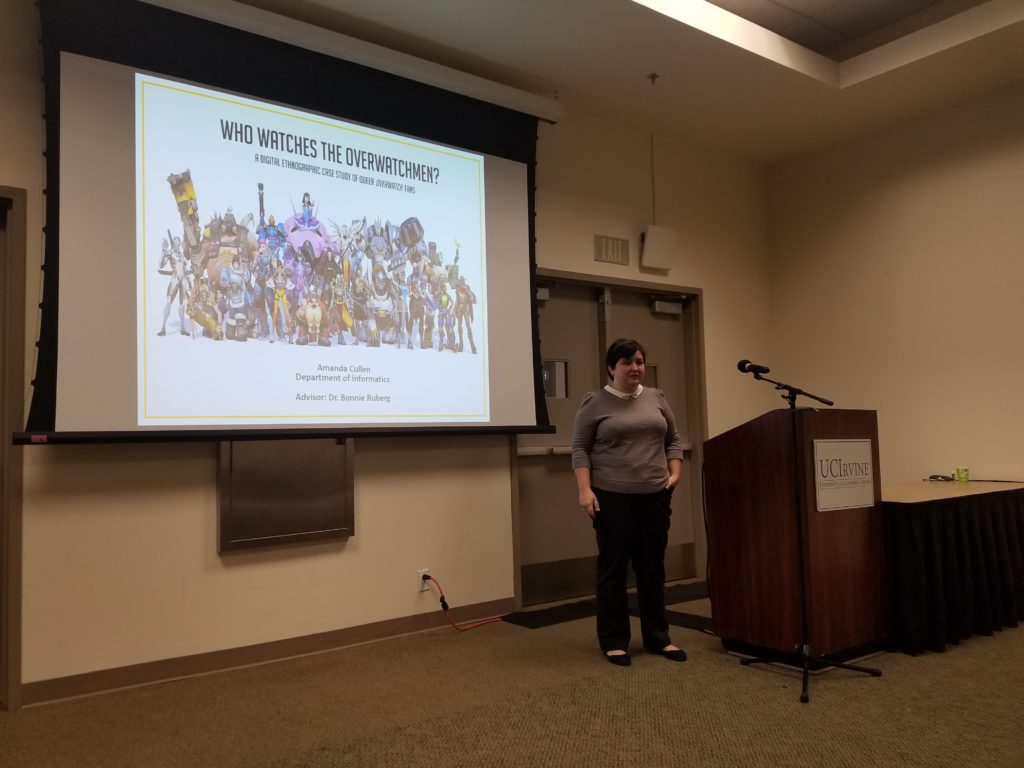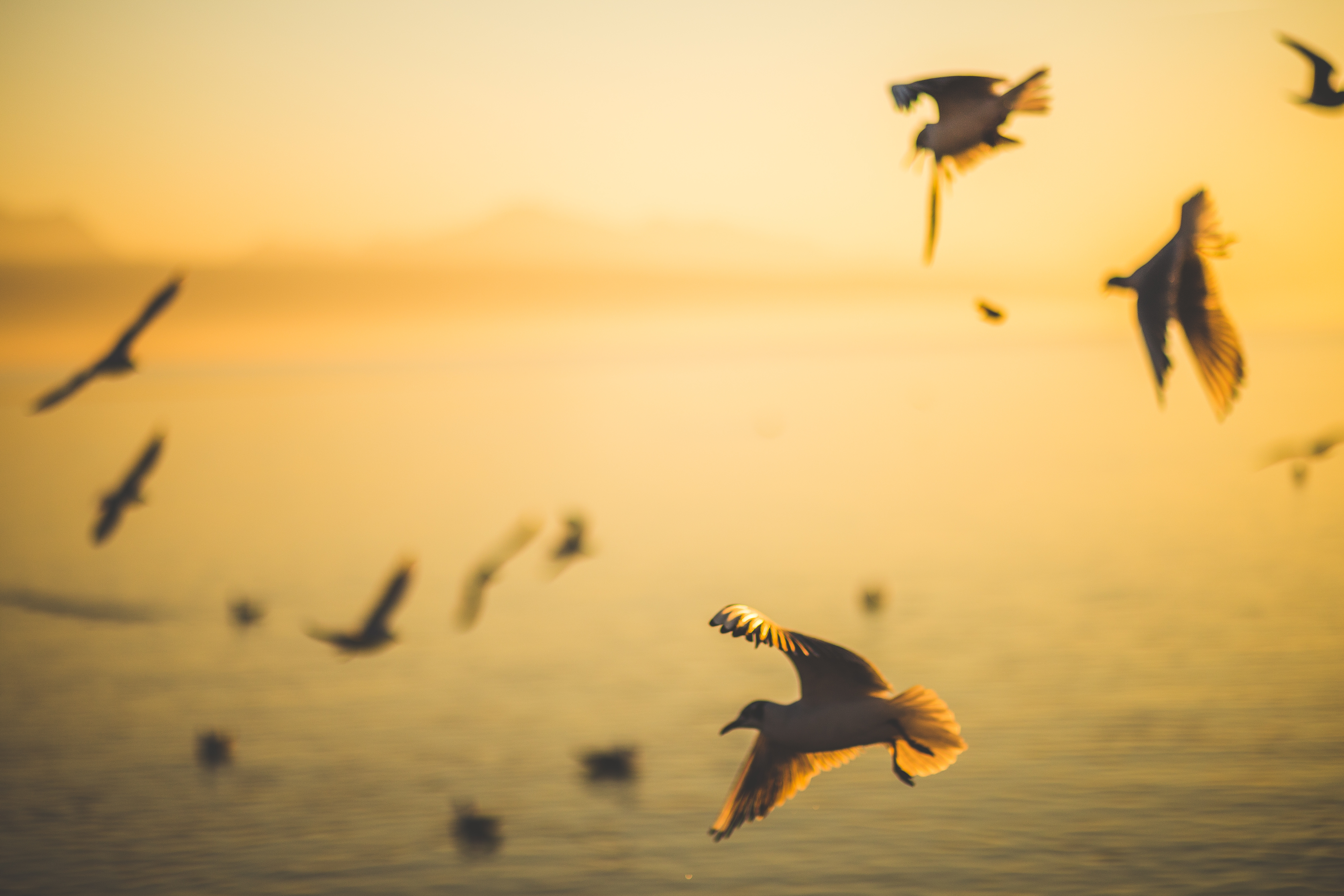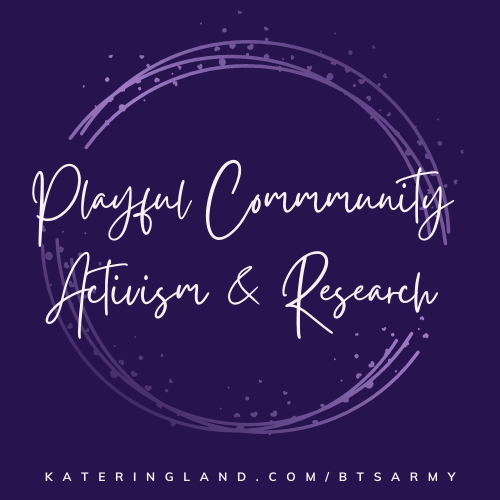It has been five weeks since I started this Competitive Edge program and got a jump start on graduate school life. I will admit that it has had its ups and downs. However, I can safely say that I am doing something that actually inspires me to wake up in the morning and go into work every day. The only other time I felt this way was when I was doing my DREU project last summer at UMBC- my first taste of life as a researcher. I have definitely found something to be passionate about and if there are bumps along the way, they are well worth the effort to overcome them.
In the last two weeks, I have accomplished a lot and gained a lot of new experience points. I’ll just talk about some of my experiences so that you can get an idea of all the different things going on in my life at the moment.
Presentations. It’s the dreaded event that anyone doing research has to deal with. Being able to present effectively is important for disseminating findings from your work. During Week 4, I was asked to give a short presentation of my planned research project to the STAR Group. We have weekly meetings where people have a chance to get the group’s opinion on research ideas or project planning. I gave a short talk on my project that I had just started planning. I will be honest that my presentation style still needs work, but that’s why we practice. I was also very nervous because this was the first presentation I was giving as a graduate student to my peers (and advisor). I had extreme anxiety over being judge “not good enough”. Anytime I have tried something new this summer, I will admit that I have fears that people will realize that I got into grad school as a fluke and they’ll realize I really don’t belong here. I am told by many more senior grad students that this is a perfectly normal feeling and that it does not really ever go away. Awesome.
After the STAR Group presentation (where I did learn a little bit about how to deliver a more effective presentation and no one told me I shouldn’t be in grad school), I gave another presentation, this time to my fellow Competitive Edge students and mentors. I will be honest, I was not nearly as nervous about this presentation. Partly, I knew that this group wouldn’t be judging me as harshly (not that my STAR Group was judging me harshly, but it’s all perception…). And, partly, I had a little more experience to go off of.
I have at least one more presentation practice with Competitive Edge this summer and then I have to give my presentation at the Summer Research Symposium on August 15th. People ask me if I am nervous about it, but I have to honestly say “not really”. I know by the time I reach the 15th, I’ll be adequately prepared and there’s no use wasting energy being nervous now. Talk to me 20 minutes before I go on stage and you’ll get a much different answer.
IRB. The Institutional Review Board (IRB) is put in place to protect those that are participating in human subjects research. I whole-heartedly believe it is a very important process to have in place for a number of reasons. However, when one is the researcher that has to get their project approved by IRB, it can be a fairly intensive process- especially for newbies like myself.
The perks of the process were that I got to put myself down as Lead Researcher (and consequently take all the responsibility for the paperwork that that title implies). Nothing boosts the self-confidence like seeing your name next to the title “Lead Researcher”. The process also helped me clarify exactly what I wanted to do step-by-step for the study. It was like writing out a detailed research plan, which I think would be really helpful for any project. It forced me to work with my advisor to clarify details I was unsure of and helped me focus my research questions.
The downside, of course, is that I spent five days filling in paperwork and creating all the required documents. It was extremely time consuming and exhausting. When it was finished, I felt like I should have been relieved to turn it in, but instead I just felt anxious about whether or not I did everything correctly. The other downside to the process, is that now I have to wait. I cannot recruit subjects or start my study until I receive approval, which could take several weeks. Luckily, I have plenty to do in the meantime!
Spending Other People’s Money. This probably sounds weird, but I am finding spending money that is not mine extremely unnerving. As part of the preparation process for my project, this last week I have had to start procuring all the equipment needed. I was fine with the idea of doing this, but when it came to that actual deed, I had a minor panic attack. I realize, I’m not your average bear and do have a tendency to react with stronger emotions than most. But it was something that happened, so I will still write about it. I had all sorts of guilt and questioned everything I bought. “Is this the right thing? Am I going to get in trouble?” Completely irrational. My solution is to either never require equipment again (unlikely, unfortunately) or to somehow deal with these irrational fears. Hopefully, with experience, it will get better. I guess I didn’t expect to be the one to actually do the buying. We needed a computer for the study, so I give my advisor the specs. She says “Ok, go down to the bookstore and get whatever you need…” It’s very intimidating when all the responsibility falls on your shoulders, I guess. I’ll be honest, I haven’t even opened the box for the computer yet because I am so scared I bought the wrong thing or did something wrong. Pretty crazy, I guess.
Allowing Myself Downtime. This is a super important point that I keep forgetting. It’s okay to work hard and push until something gets done (especially with deadlines involved), but I have to remember that it is equally okay to take time off. This weekend, for instance, with the exception of wanting to write this blog, I am not even thinking about work. And this blog is more therapeutic anyway.
Learning To Be Myself, Whoever That Is. I am finding that I am not like a lot of the other students in my cohort. And that’s perfect alright. We get along during workshops and are quite friendly. But I am not the sort of person that goes to bars or clubs. I don’t feel a burning need to do things on the weekends. I am actually perfectly happy curling up at home with a good book or video game. And that’s okay. I am just in a different space than many of the other people I’ve come across. I guess I could categorize myself as “settling down” or more sort of family oriented. It was different at WSUV because a lot of people had families and lives outside of school. There wasn’t a lot of pressure to drink, party, or stay up late. I’m happy for people who want to do those things, I just don’t want to do them myself.
Large-Scale Multitasking. I have to juggle a lot of different tasks at once. I have my project (which has several balls in the air right now), Competitive Edge requirements (which don’t especially overlap with my project), networking inside my lab and outside, maintaining my household, and making sure Kyle remembers who I am. I am working on my research project which I am hoping will turn into a submission to a conference while simultaneously working on my NSF GRFP proposal (will give all the dirt on this in a separate blog post) and working on past research (my ASSETS poster was accepted, YAY!). I feel like there is a lot in the air and I’d better not let anything drop!
Stay Tuned! I’ll be keeping you posted on my research project progress and I am planning a blog entry dedicated to NSF GRFP. Until then, DON’T PANIC!
